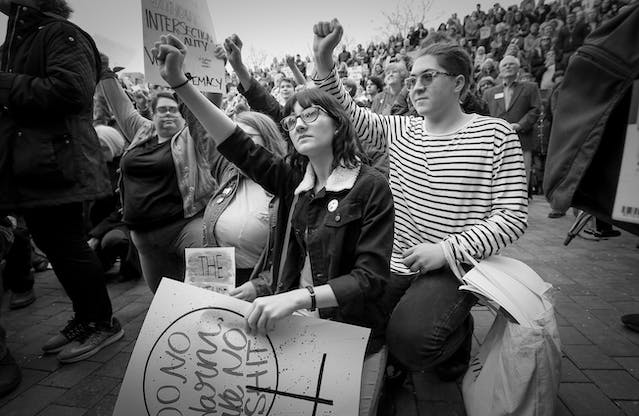The contemporary karaoke room may look like a distant place in the political discussion. Yet, in a society where expression, identity, and social performance merge, the Gangnam Karaoke and Shirt Room experience provides more than music. It is an inquisitive miniature of democracy, a place where each voice, no matter what rank or class, is allowed to be heard. It has since become popular, particularly in the Seoul entertainment areas, where Gangnam karaoke recommendation (강남 가라오케 추천) is becoming a common search among locals in search of the best combination of music, performance, and freedom of expression.
The Democratic Stage, the Karaoke, and the Voice
On the surface, karaoke sounds very apolitical; it is leisure, pure and simple. However, go into a Shirt Room in Gangnam and you will come across something deeper being an experiment in equality. Any customer, office worker, or artist can get the mic, perform, and take control.
This democratization of voice in most aspects replicates the spirit of participatory governance. In a world where politics can be unhelpful to some groups of people, karaoke reverses the order. It provides people with the medium to be emotional, disagree, or feel weak, even in a song. The karaoke room is symbolized as a kind of a parliament of rhythm and self-expression.
Gangnam Urban Stage of Cultural Identity
Gangnam has been the icon of the economic and cultural rise of South Korea for long enough. It is an area that survives on visibility, invention, and re-invention. This is exactly the spirit of the Gangnam Karaoke & Shirt Room, which mixes musical, fashion, and ambiance in a manner that is simultaneously luxurious and affordable.
However, more than its neon luster and orchestrated sound systems, there is a more important social commentary: the social negotiation of public performance. The strict social and business hierarchies of Korean society do fade behind these walls. The CEO could sing with a new intern; strangers are turned into partners.
This provisional leveling of hierarchy produces a kind of political reverberation, a reverberation of the routine organizations of authority and esteem. It is the same phenomenon that political thinkers research when bringing up the issue of how entertainment, culture, and social media restructure civic participation.
Shirt Room: Fashioning Freedom
This trend is really differentiated by the Shirt Room element. Customers are welcome to choose clothes, t-shirts, jackets, and accessories, which correspond to their energy in the playground. Even what appears to be costume play is, in fact, addressing a greater reality, the way we move through social systems with the help of fashion and personality.
 Similar to the way politicians work on their public images with the help of suits and slogans, karaoke performers create their identity with the help of attire and song. The Shirt Room is turned into a metaphor of political performance where wardrobe, lights, and performance are all used as a means of influence.
Similar to the way politicians work on their public images with the help of suits and slogans, karaoke performers create their identity with the help of attire and song. The Shirt Room is turned into a metaphor of political performance where wardrobe, lights, and performance are all used as a means of influence.
It is a place where rebellion, confidence, or vulnerability can be done in the name of punishment. And it is a kind of liberation of silence in that freedom, which is an examination of image politics and self-branding.
Non-Governmental Speech in Governmental Affairs
The most interesting part of Gangnam Karaoke and Shirt Room from a political perspective is its mixture; it is both intimate and public. The small booth provides the pretense of privacy to the act, but the performance of singing is necessarily public.
Such tension is the mirror image of modern political life. The social platforms and social talk put more boundaries between true and fake, personal opinion, and the social entity. Karaoke makes you viscerally feel this duality; you can be yourself, or you can be a role.
Soft Politics, Cultural Power and Entertainment
Soft power can be the force behind hard politics, especially in the era of cultural diplomacy. K-pop to K-drama has a massive influence throughout the world by the entertainment industry in Korea. The Gangnam Karaoke and Shirt Room is a spin of that soft power within the nation, a sort of social glue that unites classes, gender, and ideology with common performance.
By using Gangnam karaoke recommendations, locals are not just searching to find an option of nightlife, but to find a place to belong, to express, and to temporarily overcome the limitations of their daily life. The karaoke stage turns into a refuge and a declaration, one of the manifestations of how entertainment, in non-obtrusive terms, maintains freedom in daily situations.
Last Reflections: Politics of Song and Space
Every voice that is raised in Gangnam Karaoke & Shirt Room adds to the quiet democracy, mass participation via art. Intentionally or not, these spaces are a constant reminder that expression, however simulated, is still a potent equalizer.
The microphone can be taken by anybody in Gangnam, even in the political arena.






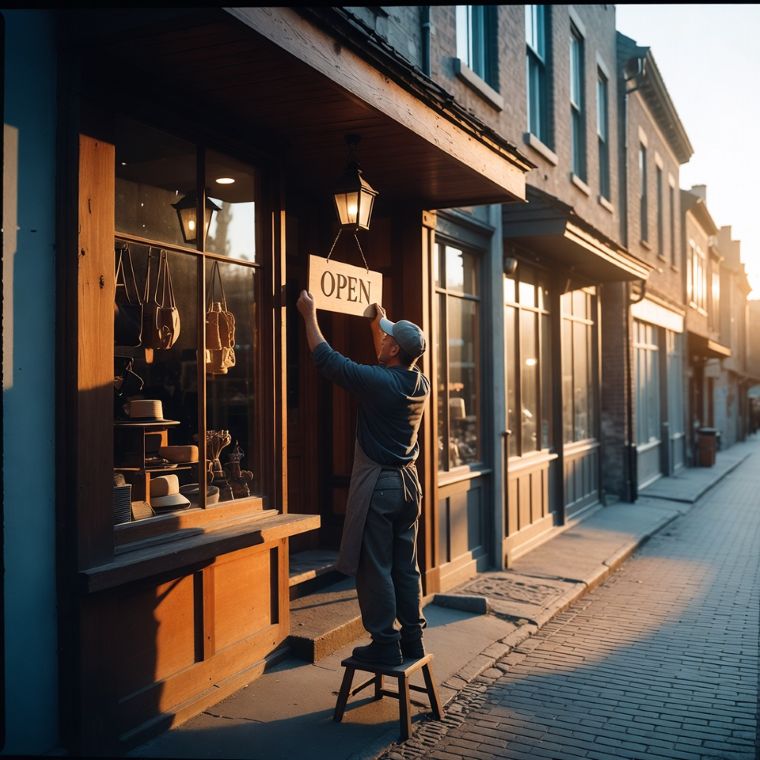

 In Australian politics, the sausage sizzle might get the spotlight on election day, but during the campaign trail, snacks play a quieter and surprisingly important role. Community events are a core part of grassroots campaigning, and food often helps break the ice. Whether it’s a plate of lamingtons at a school fete, Anzac biscuits at a morning tea, or fairy bread at a playgroup visit, the humble Aussie snack — the kind you’d find among items in every Aussie’s pantry — can be a subtle but effective political tool.
In Australian politics, the sausage sizzle might get the spotlight on election day, but during the campaign trail, snacks play a quieter and surprisingly important role. Community events are a core part of grassroots campaigning, and food often helps break the ice. Whether it’s a plate of lamingtons at a school fete, Anzac biscuits at a morning tea, or fairy bread at a playgroup visit, the humble Aussie snack — the kind you’d find among items in every Aussie’s pantry — can be a subtle but effective political tool.


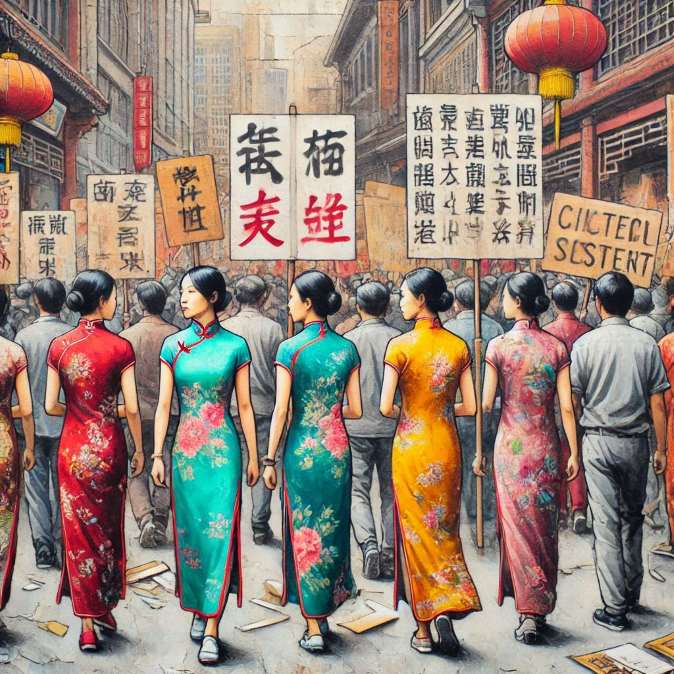
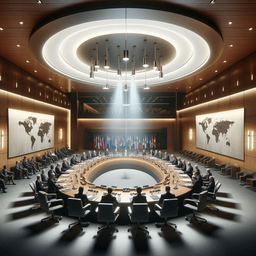 Appropriate interior illumination is essential for various tasks, including notetaking during meetings and using charts in presentations. In light of this, think about the following information:
Appropriate interior illumination is essential for various tasks, including notetaking during meetings and using charts in presentations. In light of this, think about the following information:
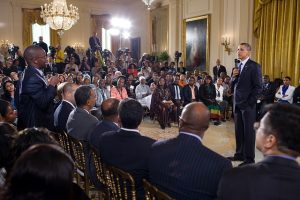 Maryland Democratic Representative Jamie Raskin remarked that Biden’s candidacy is a political party matter where differences of point of view have sparked serious and rigorous conversations at every party level. Nevertheless, House Speaker Hakeem Jeffries and key Democratic Party leaders like former Presidents Barack Obama and Bill Clinton have come out with statements in support of President Biden.
Maryland Democratic Representative Jamie Raskin remarked that Biden’s candidacy is a political party matter where differences of point of view have sparked serious and rigorous conversations at every party level. Nevertheless, House Speaker Hakeem Jeffries and key Democratic Party leaders like former Presidents Barack Obama and Bill Clinton have come out with statements in support of President Biden.
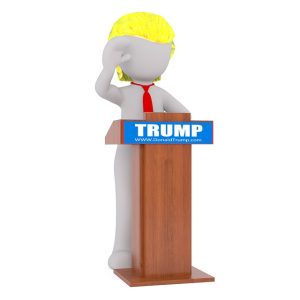 Last week, the Daily Beast reported on how several officials of the Republican National Committee (RNC) are furious that they are stuck with Trump as the 2024 presidential nominee. They dread that the outcome will be disastrous because in the long run, the party will be supporting a convicted felon.
Last week, the Daily Beast reported on how several officials of the Republican National Committee (RNC) are furious that they are stuck with Trump as the 2024 presidential nominee. They dread that the outcome will be disastrous because in the long run, the party will be supporting a convicted felon. Yet another concern has been raised considering that Trump’s die hard supporters are capable of carrying out violent actions if Trump will not get the 2024 presidential nomination. Similar to the 2020 presidential elections, Trump will claim that the results have been rigged. Also similar to the
Yet another concern has been raised considering that Trump’s die hard supporters are capable of carrying out violent actions if Trump will not get the 2024 presidential nomination. Similar to the 2020 presidential elections, Trump will claim that the results have been rigged. Also similar to the 
 As the turn of events took place in 2018 during Trump’s tenure as president , Michael Cohen and other Trump cohorts served time in prison for charges of several crimes. The charges included the Trump Organization’s attempt to build a Trump Tower
As the turn of events took place in 2018 during Trump’s tenure as president , Michael Cohen and other Trump cohorts served time in prison for charges of several crimes. The charges included the Trump Organization’s attempt to build a Trump Tower  According to Tom Bonier, CEO of the Democratic Data company TargetSmart, the need for young voters to come out and grow the numbers before election day is important. What
According to Tom Bonier, CEO of the Democratic Data company TargetSmart, the need for young voters to come out and grow the numbers before election day is important. What  There is still a possibility that many could drop out from the 2022 election population, feeling dissatisfied over the
There is still a possibility that many could drop out from the 2022 election population, feeling dissatisfied over the 

 Home-ownership is something that majority of people all over the world would want to have, where one can make embellish the interior and exterior with their own sense of taste and style. From window treatments, for cheap cellular shades click this site, to the furnishings. Nonetheless, owning a home means more than that. Home proprietors are more involved in both local and national politics than non-owners. This unbalanced involvement can possibly restrain the economy and divide politics further.
Home-ownership is something that majority of people all over the world would want to have, where one can make embellish the interior and exterior with their own sense of taste and style. From window treatments, for cheap cellular shades click this site, to the furnishings. Nonetheless, owning a home means more than that. Home proprietors are more involved in both local and national politics than non-owners. This unbalanced involvement can possibly restrain the economy and divide politics further. Andrew Hall and Jesse Yoder,
Andrew Hall and Jesse Yoder, 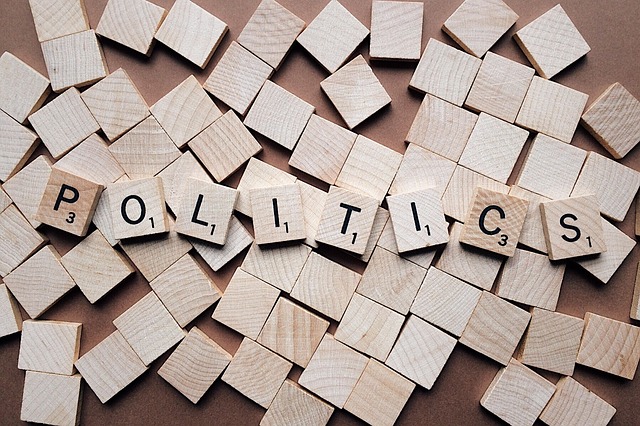
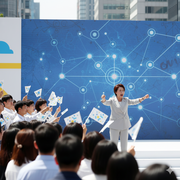 Individuals are willing to accept reservation regulations that they consider reasonable. Backlash will come about in case the users perceive the rules to have been arbitrary or biased. Legitimacy is the same thing that politicians and governments depend on just as operators depend on customers that trust them. Perceived fairness rather than enforcement makes a system successful.
Individuals are willing to accept reservation regulations that they consider reasonable. Backlash will come about in case the users perceive the rules to have been arbitrary or biased. Legitimacy is the same thing that politicians and governments depend on just as operators depend on customers that trust them. Perceived fairness rather than enforcement makes a system successful.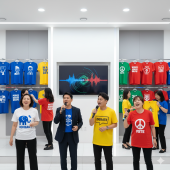 Similar to the way politicians work on their public images with the help of suits and slogans, karaoke performers create their identity with the help of attire and song. The Shirt Room is turned into a metaphor of political performance where wardrobe, lights, and performance are all used as a means of influence.
Similar to the way politicians work on their public images with the help of suits and slogans, karaoke performers create their identity with the help of attire and song. The Shirt Room is turned into a metaphor of political performance where wardrobe, lights, and performance are all used as a means of influence.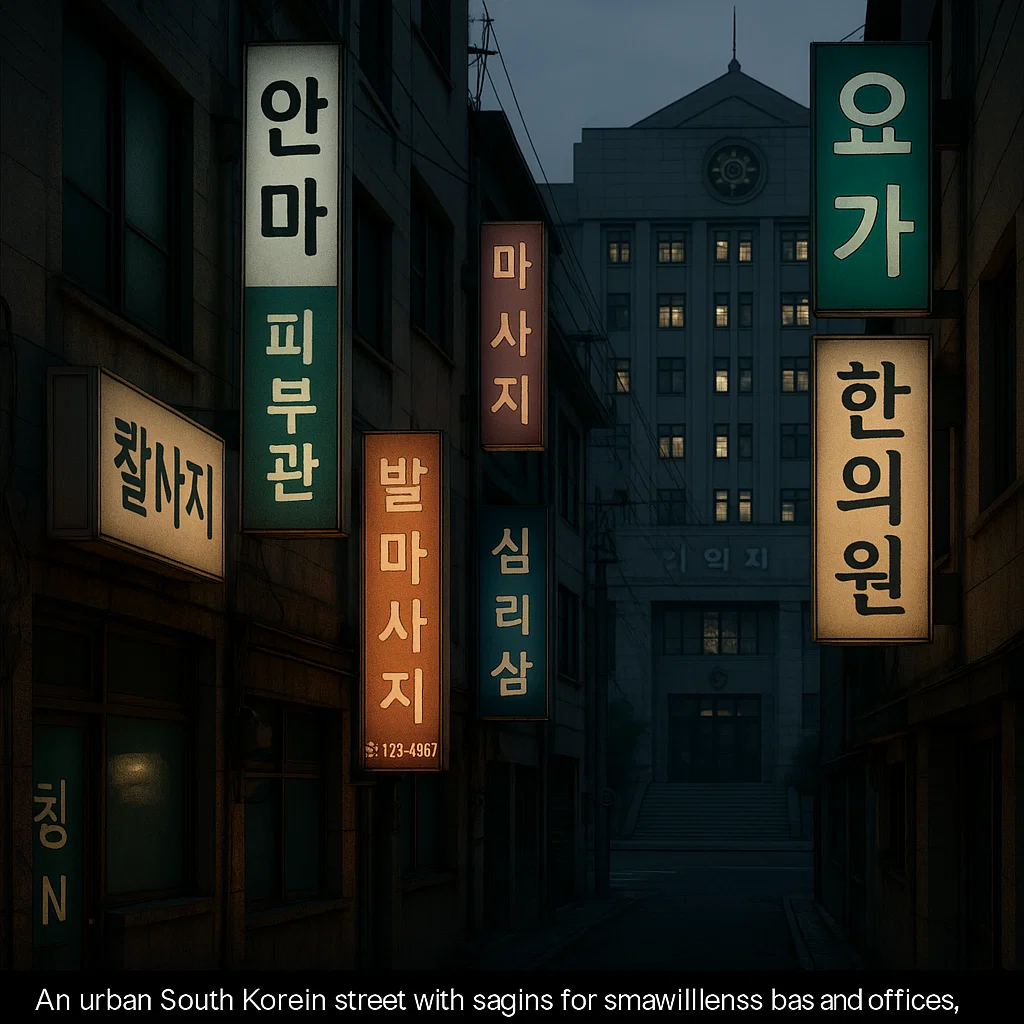
 w well communities are prepared for extreme weather. In recent years, more car owners are taking matters into their own hands with products like the hail storm guard car cover. It’s a simple but smart solution for protecting one of your biggest investments.
w well communities are prepared for extreme weather. In recent years, more car owners are taking matters into their own hands with products like the hail storm guard car cover. It’s a simple but smart solution for protecting one of your biggest investments.
 In the world of politics, appearance holds paramount importance. Visual communication can benefit much from lighting, which also helps to transmit messages about a candidate’s personality, qualifications, and moral character. While strong, dramatic lighting can project authority, soft, warm lighting can create a welcoming and trustworthy environment.
In the world of politics, appearance holds paramount importance. Visual communication can benefit much from lighting, which also helps to transmit messages about a candidate’s personality, qualifications, and moral character. While strong, dramatic lighting can project authority, soft, warm lighting can create a welcoming and trustworthy environment.

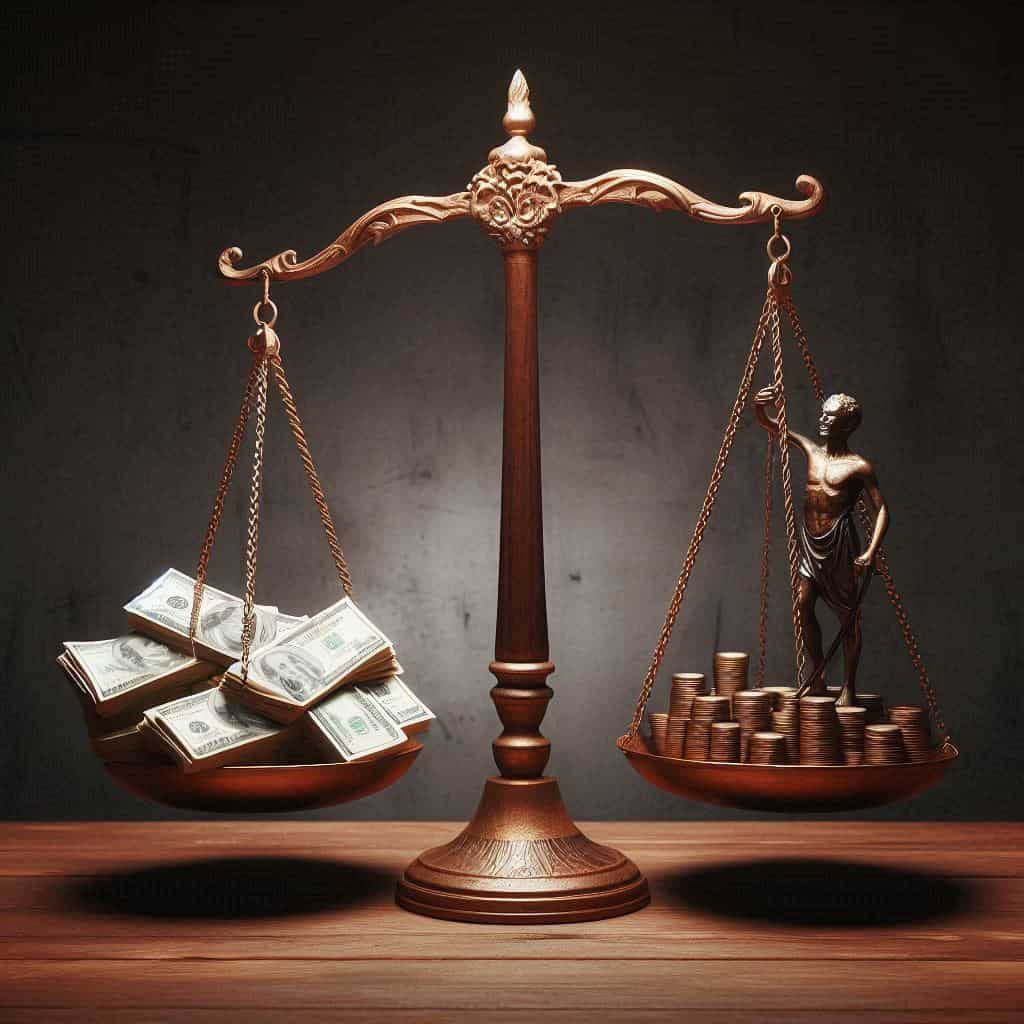

 Moving pianos is a specialized job that requires careful planning and expertise. However, it’s not just about skill and experience; piano movers also need to navigate
Moving pianos is a specialized job that requires careful planning and expertise. However, it’s not just about skill and experience; piano movers also need to navigate 

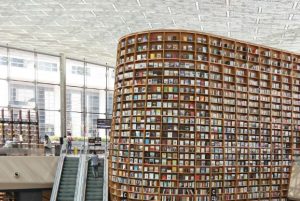 Public sector architecture, particularly in government offices, has evolved significantly over the years, with a noticeable shift towards the use of clear and cleaned glass panels. If there’s a need to polish the glass on public building, get professional services. This architectural choice is not merely a trend but a strategic decision that brings a multitude of aesthetic and functional benefits. This article explores glass panels enhance the design and usability of government buildings, contributing to a more efficient and inviting public sector environment.
Public sector architecture, particularly in government offices, has evolved significantly over the years, with a noticeable shift towards the use of clear and cleaned glass panels. If there’s a need to polish the glass on public building, get professional services. This architectural choice is not merely a trend but a strategic decision that brings a multitude of aesthetic and functional benefits. This article explores glass panels enhance the design and usability of government buildings, contributing to a more efficient and inviting public sector environment. Yachts often symbolize luxury and wealth, but they also offer a unique lens through which to view political and social dynamics. The yachting industry not only impacts local economies; it also mirrors broader political attitudes towards wealth, luxury, and regulation.
Yachts often symbolize luxury and wealth, but they also offer a unique lens through which to view political and social dynamics. The yachting industry not only impacts local economies; it also mirrors broader political attitudes towards wealth, luxury, and regulation. In recent years,
In recent years,  The Apple Watch is
The Apple Watch is 
